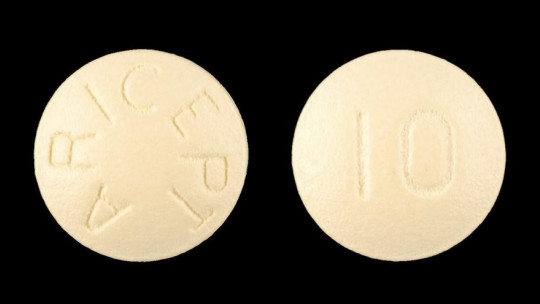
Among the drugs used to treat patients with dementia is Yasnal which is part of the medications known as acetylcholinesterase inhibitors.
It is manufactured from donepezil hydrochloride, and its most common use is in dementia typical of Alzheimer’s disease, regardless of the degree of the disease; It doesn’t matter if it is mild, moderate, or severe. The medication is used in all of them, varying in the amount of the doses.
In this article we will see what Yasnal is and what it is used for, the indications for consumption of this drug, as well as some of the side effects that the medication has.
What is Yasnal?
As we have already seen, Yasnal is a drug that works as an inhibitor of the enzyme acetylcholinesterase which fulfills the function of allowing cholinergic synapses to correctly send nerve impulses.
The main function of this medicine is slow down the natural breakdown process of acetylcholine neurotransmitter responsible for motor skills and memory, among other aspects.
Taking into account that Alzheimer’s disease shows a clear decrease in this chemical substance (acetylcholine) in the body, Yasnal is commonly indicated by specialists to combat the symptoms of neurodegenerative pathology, which range from memory loss and severe confusion, even sudden behavioral changes (premorbid personality).
As a result of this complex symptomatology, patients with this disease find it increasingly difficult to have a healthy lifestyle. Furthermore, collaterally, this situation will significantly affect the lives of the people in charge of the patient’s care. Although this disease has no cure, with control strategies and the use of drugs such as Yasnal symptoms can be temporarily reduced
What this medication does in the Central Nervous System is increase acetylcholine levels, but not by increasing its production, but by reducing the time in which it is consumed in the body. In this way, the signs and symptoms of Alzheimer’s take longer to appear again.
Consumption instructions
This medication is used exclusively in adults. In addition, some indications must be taken into account before starting the consumption of Yasnal, to avoid possible side effects of this drug.
People who are allergic to donepezil, piperidine or any of the components of Yasnal should not take this drug. It is recommended to read in detail the compounds used in its preparation and be aware of whether you are allergic to one of them.
The doctor is the one who will prescribe the medication and you should talk to him if you have presented, or present any of the following diseases:
While taking this drug, people may see their extrapyramidal symptoms increase; That is why you should consult your doctor first in this case.
On the other hand, if the patient must undergo surgery and has been taking the medication, the anesthesiologists must be told the exact time and dose taken, taking into consideration that the use of Yasnal can vary the amount of anesthesia required during the operation
Kidney patients can consume this drug without being affected in any way. In the case of liver diseases, its use is allowed when they are mild or moderate, in the most intense cases this drug should not be implemented.
Contraindications
As with all drugs, this medication can cause certain side effects in those who take it. Although it is not an exact science and does not occur in all cases, you should be alert if some of these symptoms occur.
Some of the most serious Yasnal side effects are as follows. If any of these occur, the medication should be stopped and see a doctor immediately.
If the subject shows any of the symptoms described above, it is important not to ignore them, given that they can represent a significant risk to their general health. Even if symptoms are observed that are not exactly those described here, but are related to them, you should see a doctor.
- Lee, J.-H.; Jeong, S.-K.; Kim, B.C.; Park, K.W.; Dash, A. (2015). Donepezil across the spectrum of Alzheimer’s disease: dose optimization and clinical relevance. Acta Neurologica Scandinavica. 131 (5): 259–267.
- Malouf, R., Birks, J (2004). Malouf, Reem, ed. “Donepezil for vascular cognitive impairment.” Cochrane Database Syst Rev (1): CD004395.








